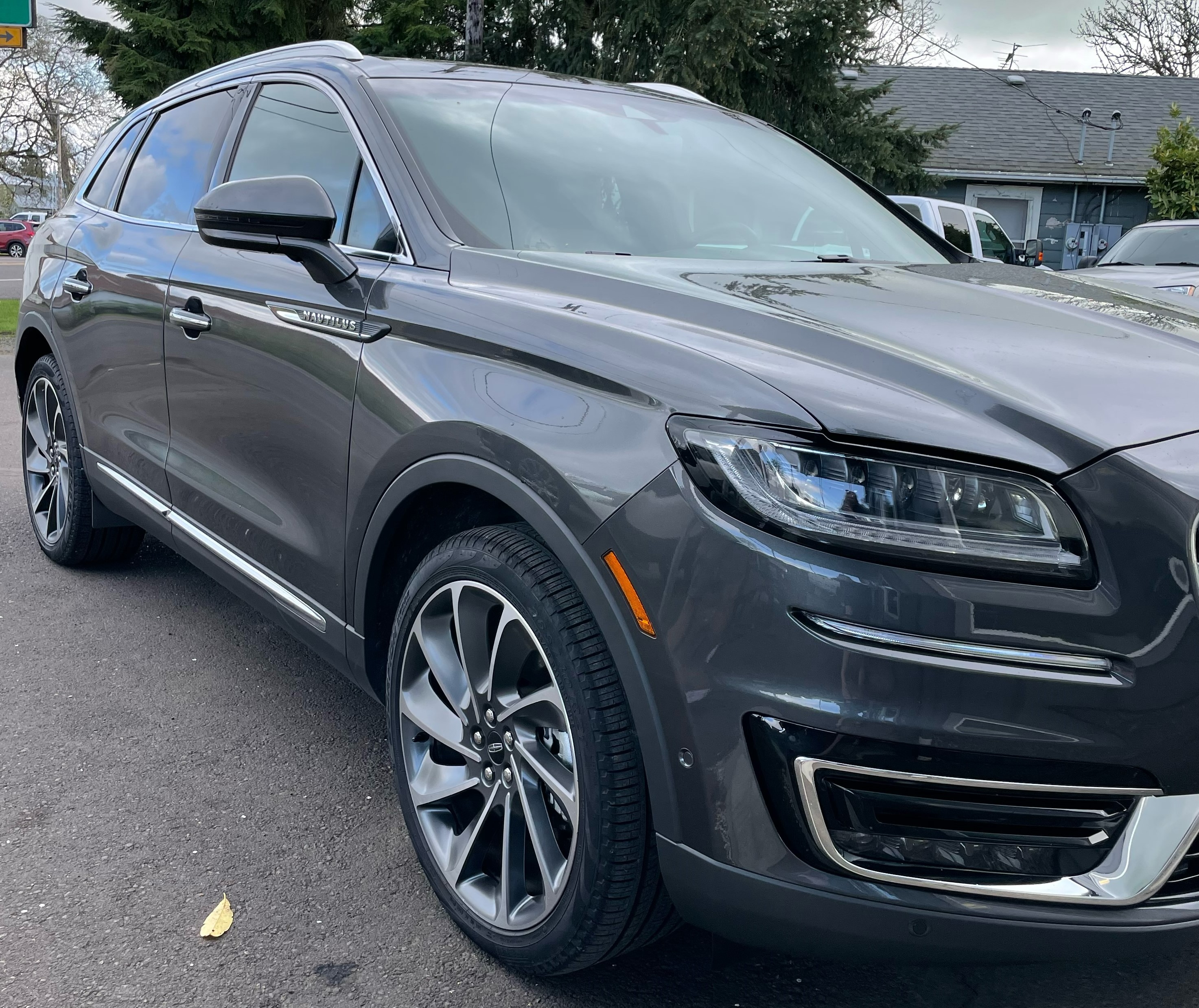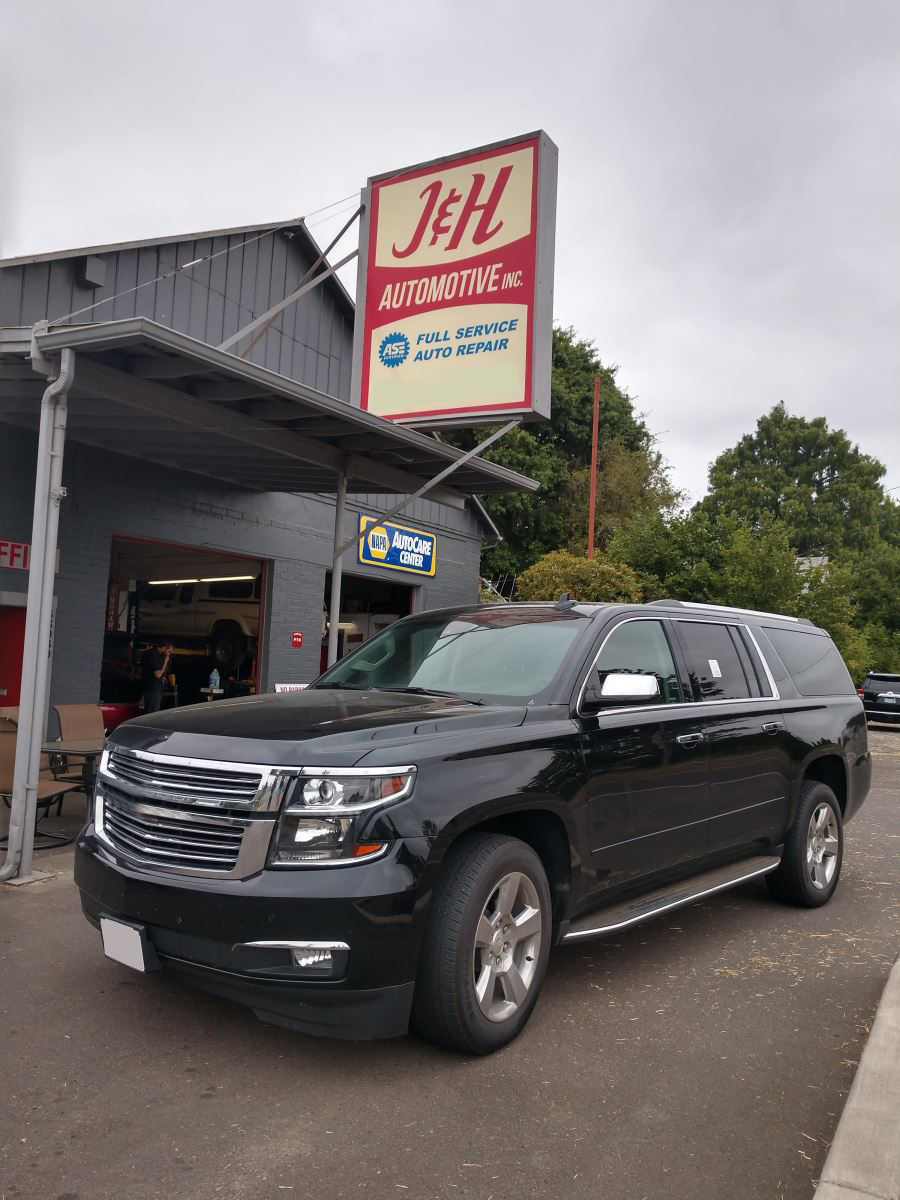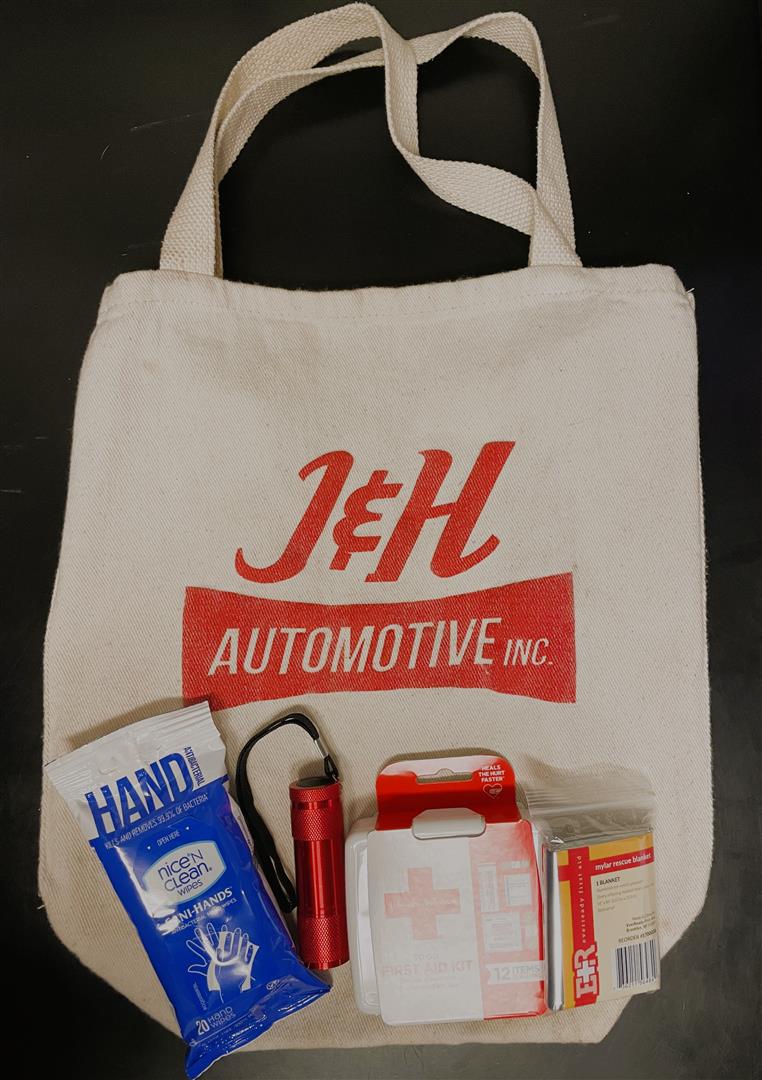Posted on 12/14/2022
Have you ever noticed that your heater does not get hot until your engine is warm? This could be due to a leak within your cooling system. I know that sounds strange, but coolant that flows through your engine to keep it cool also flows through your heater core to warm up the inside of your vehicle. The coolant gets pumped from your radiator into your engine through radiator hoses. From your engine, it makes its way to your heater hoses. The heater hoses take the coolant to your heater core. Another hose takes it back out to your engine and another radiator hose takes it back to the radiator. All of this is happening because of the water pump. If your water pump is not working properly or leaking, then it will cause your heater to not work properly. If you have a coolant leak, then your engine will not have enough coolant to go around and cause your heater to not work properly. To know for sure why your heater is not working we would need to check it out. There are quite a few ... read more
Posted on 12/2/2022
Why does my car shake when I brake? If your car starts shaking when you brake, it could be a sign of brake problems. There are several things that can cause this issue, and it's important to have your brakes checked out as soon as possible if you're experiencing this problem. In this blog post, we will discuss the different causes of car shaking and what you can do to fix them. When a car is shaking when braking, it's typically caused by one of three things: worn-out pads, warped rotors, or misaligned wheels. Worn-out pads are the most common issue, as they can cause excessive vibration when applied. Warped rotors are another common issue that causes shaking, and this occurs when the rotors become uneven due to excessive heat and wear. Lastly, misaligned wheels can also cause cars to shake when braking, as they can cause the brakes to be applied unevenly or sporadically. The best way to address these issues is by having a professional inspect your bra ... read more
Posted on 11/21/2022

Why did my heater shop working? Have you ever noticed that your heater does not get hot until your engine is warm? This could be due to a leak within your cooling system. I know that sounds strange, but coolant that flows through your engine to keep it cool also flows through your heater core to warm up the inside of your vehicle. The coolant gets pumped from your radiator into your engine through radiator hoses. From your engine, it makes its way to your heater hoses. The heater hoses take the coolant to your heater core. Another hose takes it back out to your engine and another radiator hose takes it back to the radiator. All of this is happening because of the water pump. If your water pump is not working properly or leaking, then it will cause your heater to not work properly. If you have a coolant leak, then your engine will not have enough coolant to go around and cause your heater to not work properly. To know for sure why your heater is not working we w ... read more
Posted on 11/16/2022

We know the prices at the pump are hard to see and we know you are feeling it at the pump, we are too. We have a few tips to assist you with getting the best fuel mileage from your vehicle. Make sure your tires have the correct air pressure. On the off chance that they are short on air, it will cause additional drag. Additional drag means less fuel mileage. Air filter - if your air filter is dirty, it will make your engine work harder, the harder it works the more fuel it uses. Fuel filter - this concerns mostly larger vehicles like pickups and larger SUVs. They have a fuel filter on the frame rail or engine. These need to be changed regularly. If they are not then it will restrict fuel and the engine will have to work harder causes it to use more fuel. Engine oil - your engine oil is one of the most important parts of your vehicle. When your engine oil is older it gets contaminated with fuel due to the ignition cycle. This will also affect your drive train and cause your engine to ... read more
Posted on 11/9/2022

This depends on the type of engine oil that your vehicle uses. If your engine uses conventional or synthetic blend oil then it is recommended that you change your oil every 3,000 miles. If your vehicle uses full synthetic oil then you should have your oil changed every 5,000 miles. We know that many manufacturers are pushing oil change intervals to greater lengths. Some are pushing them to as long as 10,000 miles. The issue with delaying your oil change is that your engine oil starts to break down. Fuel and combustion gases build up in your oil, then your oil gets thin. This means that your engine oil is no longer protecting your engine as it should. Many vehicles will consume a small amount of oil while driving. Most manufacturers state that your engine may consume up to 1 quart of oil per 1,000 miles driven. By extending your oil change you may run the risk of damaging your engine if it were to run out of oil. Checking your engine oil on a regular basis is a good ... read more
Posted on 10/20/2022
How are your wipers? The forecast is calling for rain starting Friday. We had a hot dry summer, and luckily that turned into beautiful fall weather. I'm sure we will still have some lovely days ahead, but the rain is coming and is needed. All the heat from the summer will dry out the rubber on your wipers and cause your wiper blades to be streaky, miss spots and just make it hard to see. We have wipers in most sizes of wipers in stock. If yours are a special size give us a call and we will get them ordered for you before you arrive. You're welcome to stop by anytime during business hours and we will get you a new set of wipers so you are safe on the road. Give us a call and let us take care of you. Happy Adventures, Heather
Posted on 10/17/2022

Travel season really never ends, but what you need to have with you does. Here's our list of what you should have with you on your adventures. Here in Oregon, we have a wide range of weather conditions relying upon which part of the state you live. At the coast the weather conditions are windy and rainy and a bit chilly. The mountains can be hazardous with snow, ice and wind. In the Willamette Valley we have a bit of everything, lots of rain, wind, fog, some hail, occasionally snow and ice. Our temperatures are ordinarily moderate, however we do get a couple of long stretches of frigid temperatures each year. The snow seldom stays close by for a really long time. On the opposite side of the mountains in the high desert of central Oregon they have cold winters, in some cases plenty of snow and much colder temperatures. It is counterbalanced however by the blue skies and bright days. As you get farther over east it continues with something very similar. More snow, more c ... read more
Posted on 10/11/2022
Your cabin air filter filters the air that you breathe in. The air that flows through your vents has to go through the cabin air filter first. This filter catches dust, dirt, debris, smoke, allergens, and mold spores. Over time your cabin air filter will become dirty. When it becomes dirty it restricts the air flow from your heater and air conditioner. It can also accumulate moisture. When it starts to do this those mold spores can grow and so will mildew. This will cause an unpleasant odor that will make your vehicle smell badly. This can be harmful to you and your family. Your cabin air filter should be changed every year. If you have pets, or live in an area with a lot of wildfire smoke and dust then it should be changed more frequently. Give us a call at 541-791-2886 or schedule you appointment online and let us take care of you. Happy Adventures, Heather
Posted on 10/5/2022
Do you hear anything at all? If you hear a click then it could be a faulty starter. Over time the contacts on the starter wear down and stop connecting. The other reason is the brushes on the inside of the starter wear down and no longer carry the electricity you need to start your vehicle. Give us a call and let us take care of you. Happy Adventures, Heather
Posted on 9/26/2022
Why is my diesel blowing white smoke? Your engine may be blowing white smoke due to unburnt fuel. Your engine may have unburnt fuel due to a fuel injector O-ring. If one of the O-rings is damaged it will allow fuel to go past and then it will go into the cylinder and this will cause the white smoke. Give us a call and let us take care of you. Happy Adventures, Heather Our specials can be found here - Specials - J & H Automotive, Inc Ready to make an appointment … Appointments - J & H Automotive, Inc Want to know more … About Us - J & H Automotive, Inc Would you like to join our merry band of misfits? Care ... read more